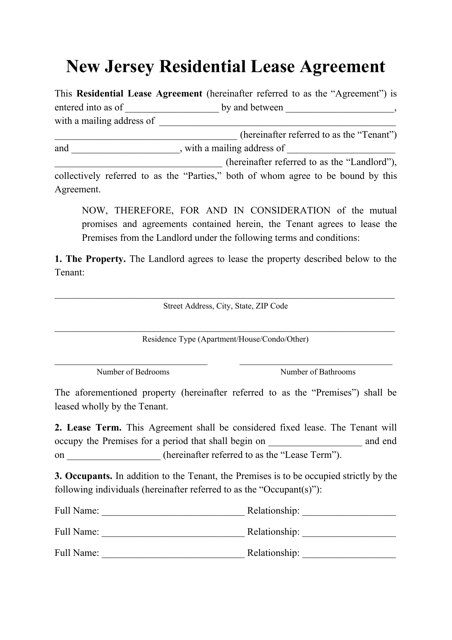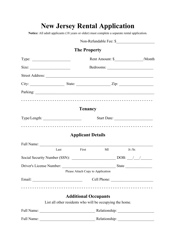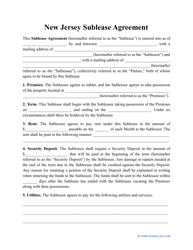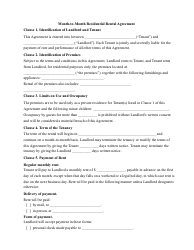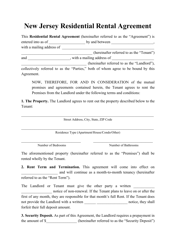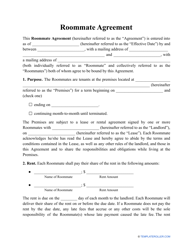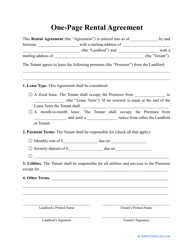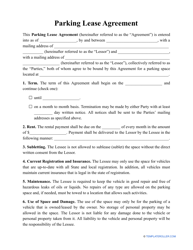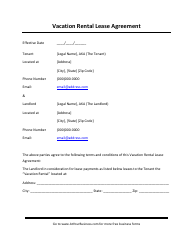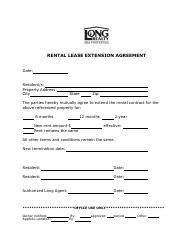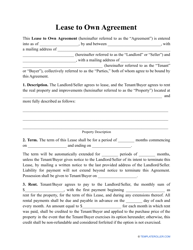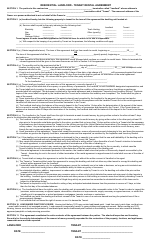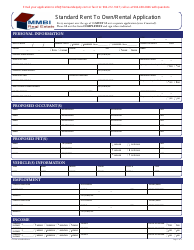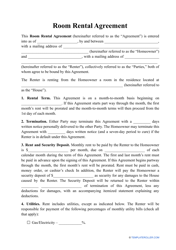Residential Lease Agreement Template - New Jersey
The Residential Lease Agreement Template for New Jersey is a document that outlines the terms and conditions of a rental agreement between a landlord and a tenant for a residential property in New Jersey. It specifies important details such as the rent amount, duration of the lease, and responsibilities of both parties.
The residential lease agreement template in New Jersey is typically filed by the landlord or property owner.
FAQ
Q: What is a residential lease agreement?
A: A residential lease agreement is a legally binding contract between a landlord and a tenant that outlines the terms and conditions of renting a residential property.
Q: What is included in a residential lease agreement?
A: A residential lease agreement includes information such as the names of the landlord and tenant, the rental amount and due date, the duration of the lease, rules for using the property, and other specific terms and conditions.
Q: Is a residential lease agreement required in New Jersey?
A: While not required by law, having a written residential lease agreement is highly recommended as it helps protect the rights and obligations of both landlords and tenants.
Q: Can a landlord increase the rent during the lease term?
A: In New Jersey, a landlord cannot increase the rent during the lease term unless it is specified in the lease agreement or the tenant agrees to the increase.
Q: What should tenants do before signing a residential lease agreement?
A: Before signing a residential lease agreement, tenants should carefully read and understand all the terms and conditions, clarify any questions with the landlord, inspect the property, and ensure that everything is in writing.
Q: Can a tenant terminate a lease agreement early?
A: In most cases, a tenant cannot terminate a lease agreement early without penalties. However, there may be certain circumstances, such as military deployment or domestic violence, that allow for early termination.
Q: What are the consequences of breaking a lease agreement?
A: Breaking a lease agreement can have consequences such as being responsible for paying rent until a new tenant is found, losing the security deposit, and potentially facing legal action from the landlord.
